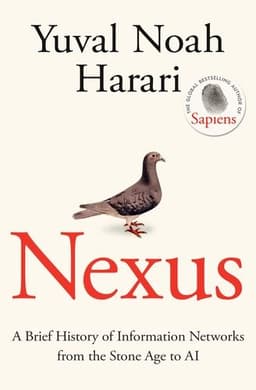
Nexus Book Summary
A Brief History of Information Networks from the Stone Age to AI
Book by Yuval Noah Harari
Want to read the full summary?Click here to read for free!
Summary
In "Nexus: A Brief History of Information Networks from the Stone Age to AI," Yuval Noah Harari explores how the flow and organization of information has shaped human history, arguing that the rise of artificial intelligence could lead to either unprecedented human cooperation or the dominance of digital dictatorships.
Sign in to rate
Average Rating: 3.79
These are the best quotes from Nexus by Yuval Noah Harari. If you want to read a full summary of this book for free, click here.
What is Information?
"Information isn't the raw material of truth, but it isn't a mere weapon, either. There is enough space between these extremes for a more nuanced and hopeful view of human information networks and of our ability to handle power wisely."
Section: 1, Chapter: 1
The Scientific Project Reject Infallibility
"Scientific culture has no comparable holy book, nor does it claim that any of its heroes are infallible prophets, saints, or geniuses. The scientific project starts by rejecting the fantasy of infallibility and proceeding to construct an information network that takes error to be inescapable."
Section: 1, Chapter: 4
Totalitarian Regime Run By Nonhuman Intelligence
"If a twenty-first-century totalitarian network succeeds in conquering the world, it may be run by nonhuman intelligence, rather than by a human dictator."
Section: 1, Chapter: 5
The Alignment Problem
"When computers are given a specific goal, such as to increase YouTube traffic to one billion hours a day, they use all their power and ingenuity to achieve this goal. Since they operate very differently than humans, they are likely to use methods their human overlords didn't anticipate."
Section: 2, Chapter: 6
Inter-computer Realities
"Just as intersubjective realities like money and gods can influence the physical reality outside people's minds, so inter-computer realities can influence reality outside the computers."
Section: 2, Chapter: 6
Related Content
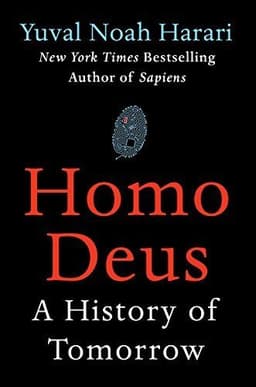
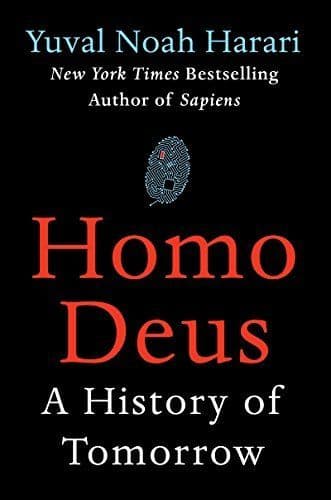
Homo Deus Book Summary
Yuval Noah Harari
Homo Deus explores the future of humanity in a world where the old challenges of famine, plague, and war have been largely conquered, and new godlike technologies of artificial intelligence and bioengineering are on the horizon, forcing us to confront fundamental questions about the nature of consciousness, free will, and what it means to be human in an age of algorithms.
Homo Deus explores the future of humanity in a world where the old challenges of famine, plague, and war have been largely conquered, and new godlike technologies of artificial intelligence and bioengineering are on the horizon, forcing us to confront fundamental questions about the nature of consciousness, free will, and what it means to be human in an age of algorithms.
Futurism
Technology
Humanity
Society
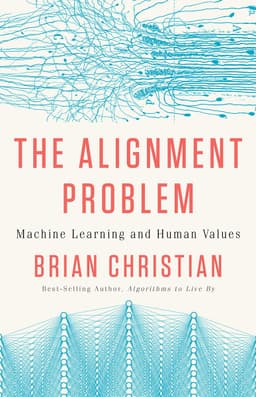
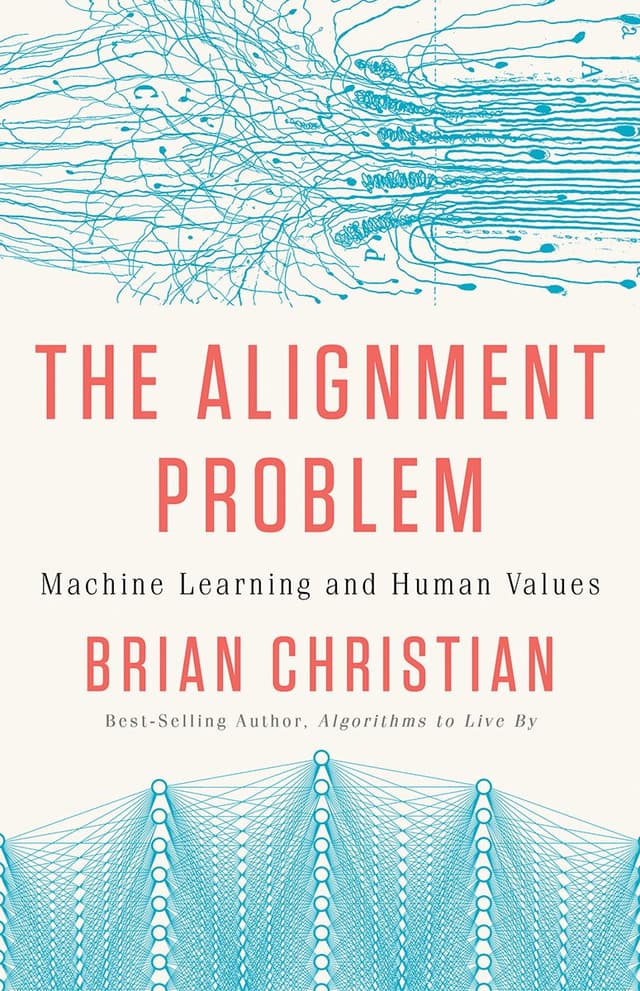
The Alignment Problem Book Summary
Brian Christian
The Alignment Problem explores the challenge of ensuring that as artificial intelligence systems grow more sophisticated, they reliably do what we want them to do - and argues that solving this "AI alignment problem" is crucial not only for beneficial AI, but for understanding intelligence and agency more broadly.
The Alignment Problem explores the challenge of ensuring that as artificial intelligence systems grow more sophisticated, they reliably do what we want them to do - and argues that solving this "AI alignment problem" is crucial not only for beneficial AI, but for understanding intelligence and agency more broadly.
Artificial Intelligence
Computer Science
Futurism

